Nutrition & Hydration for Joint Health: Supporting Knee Osteoarthritis
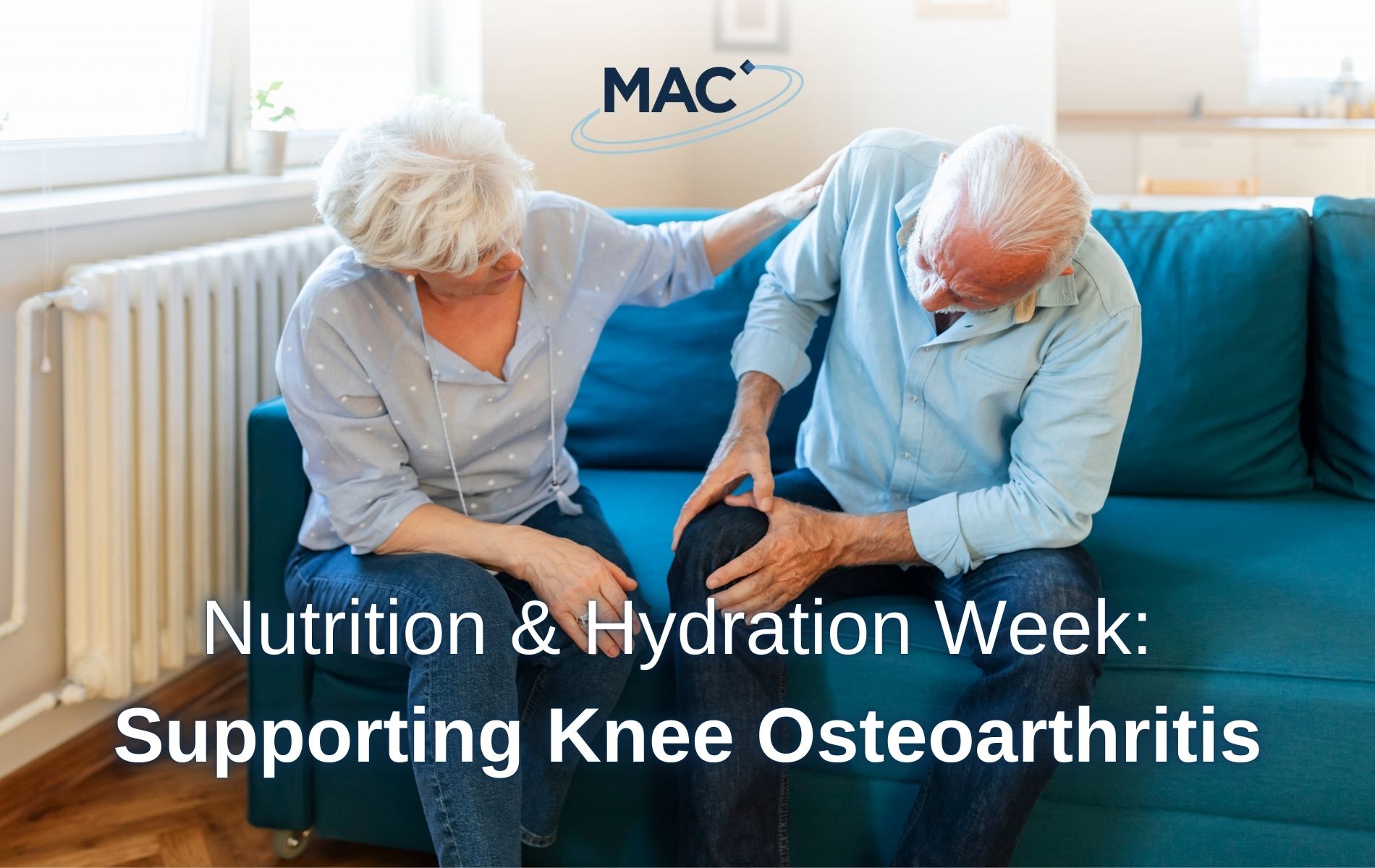
Knee osteoarthritis (OA) is one of the most common causes of joint pain, affecting around 5.4 million people in the UK1. It occurs when the cartilage in the knee joint gradually wears away, leading to pain, stiffness, and inflammation. While there’s currently no cure for osteoarthritis, lifestyle choices – particularly proper nutrition and hydration – […]
Poor Sleep as a Symptom and Contributor to Depression
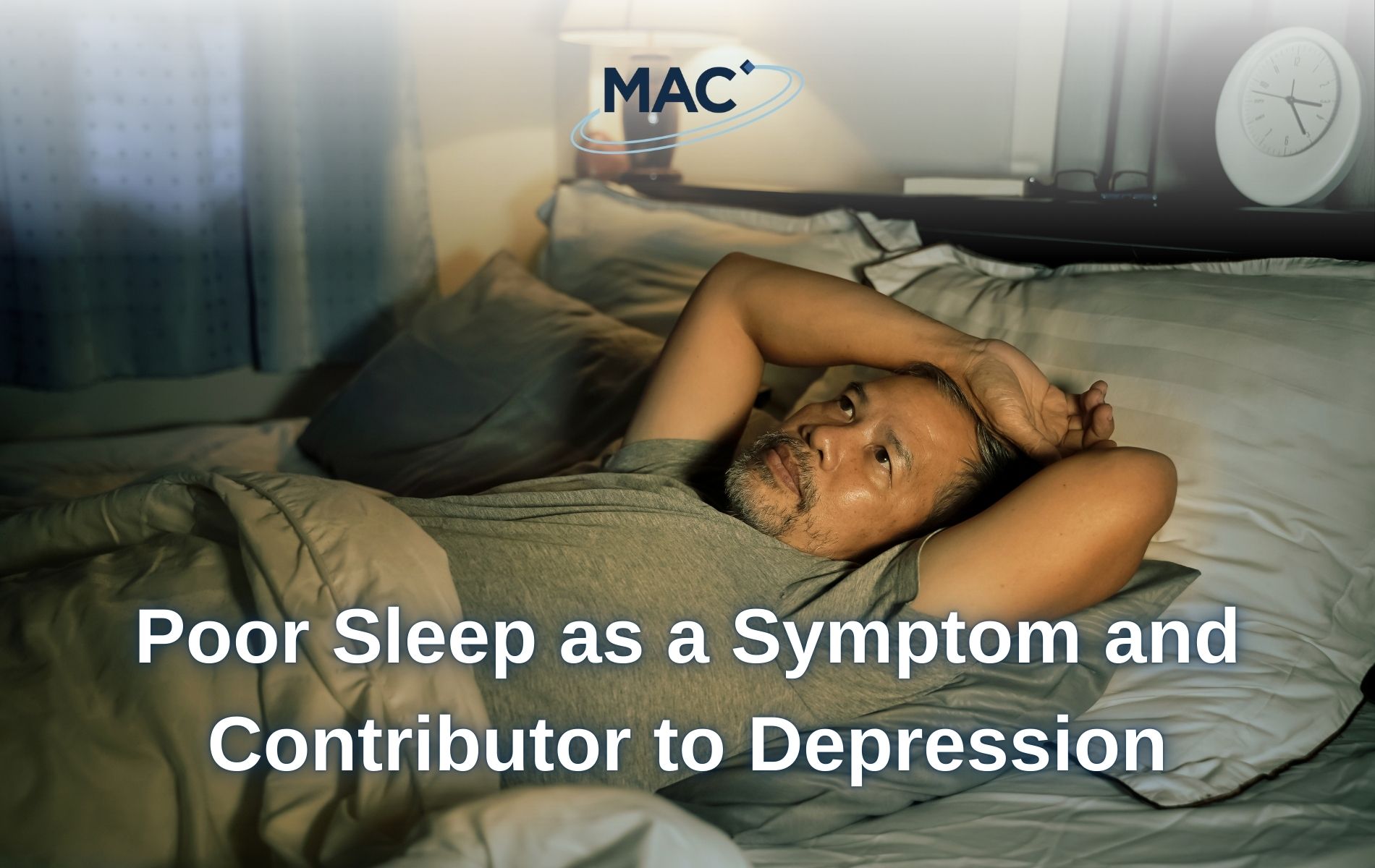
World Sleep Day is a useful reminder of the vital role sleep plays in our overall wellbeing. While many of us are aware that good sleep is essential for physical health, its impact on mental health, particularly depression, is often underestimated. Poor sleep and depression share a complex, bidirectional relationship: not only is sleep disturbance […]
The Impact of Devices on Our Mental Health: Social Media and Social Anxiety
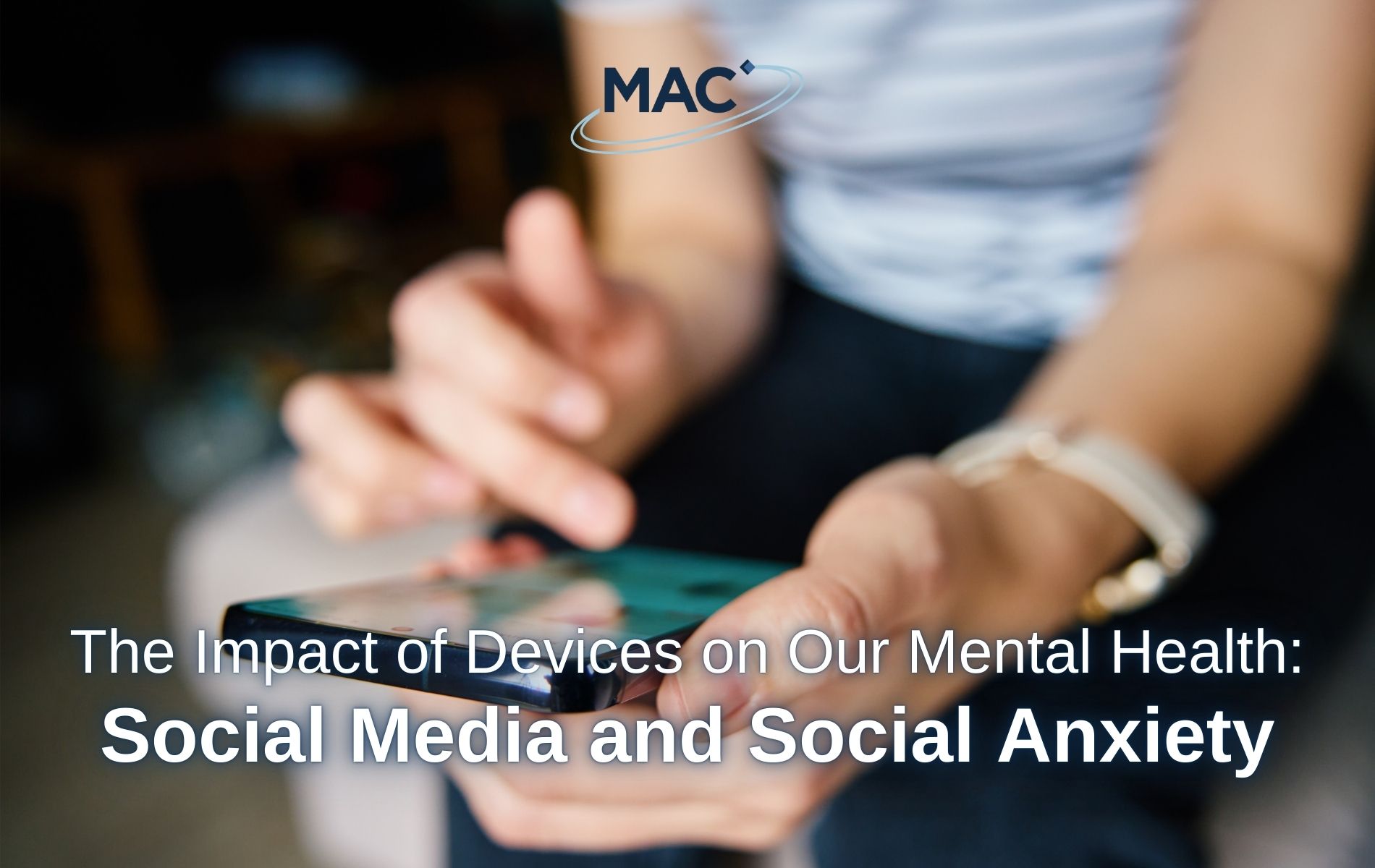
Today is Global Day of Unplugging – a day devoted to taking time away from technology and instead pursuing offline activities. The movement is dedicated to elevating human connection over digital engagement, which can seem challenging. Social media has infiltrated almost every aspect of modern life, from staying in touch with loved ones to shopping. […]
Understanding social anxiety symptoms, causes, triggers, and treatment options
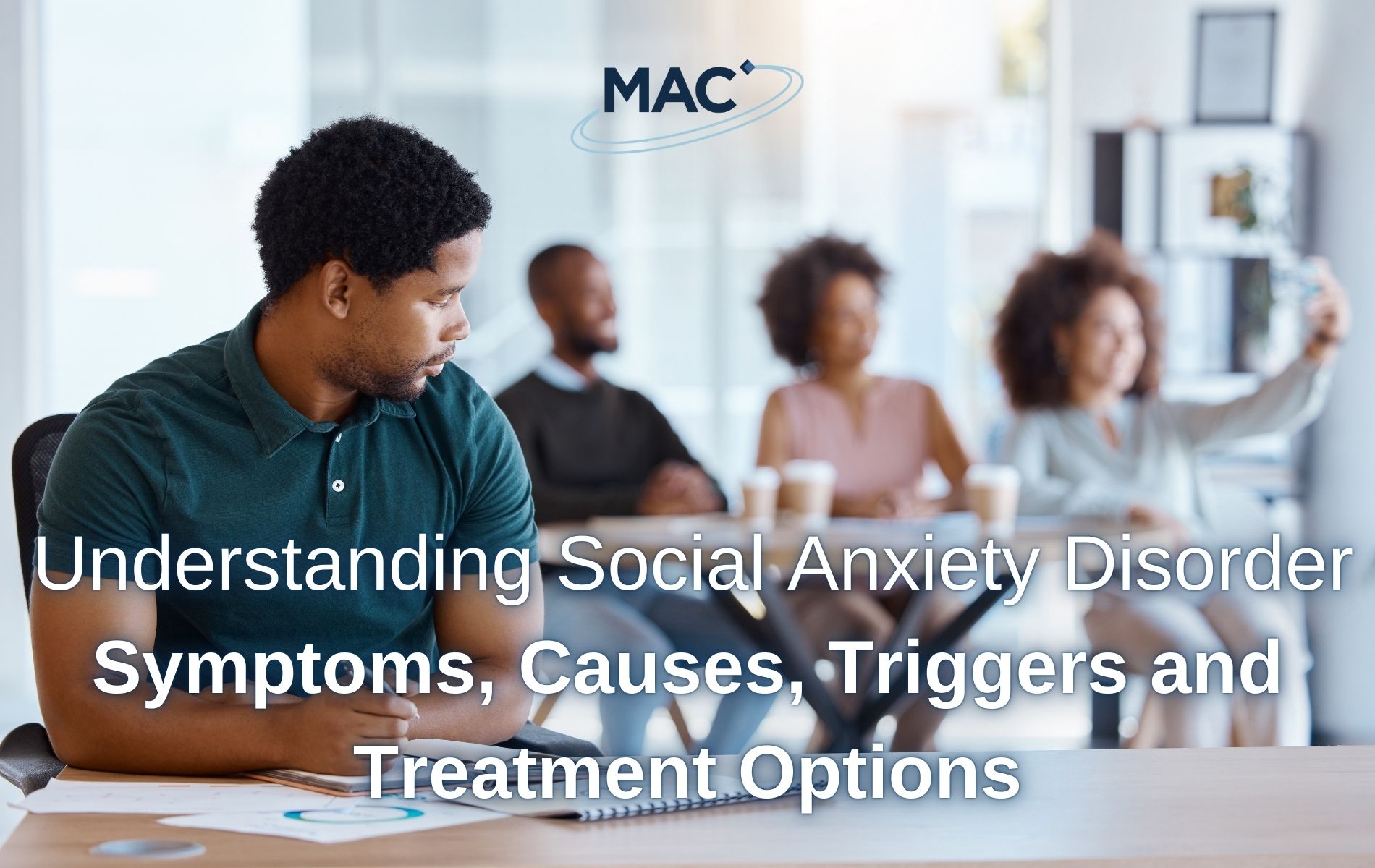
Social Anxiety Disorder also known as social phobia, is more than just being shy; social anxiety is an intense fear of social situations that could impact day to day life. The fear caused by social anxiety can be overwhelming, and without proper treatment, could last years or even a lifetime. In this blog, we’ll introduce […]
Antidepressants and a Loss of Libido
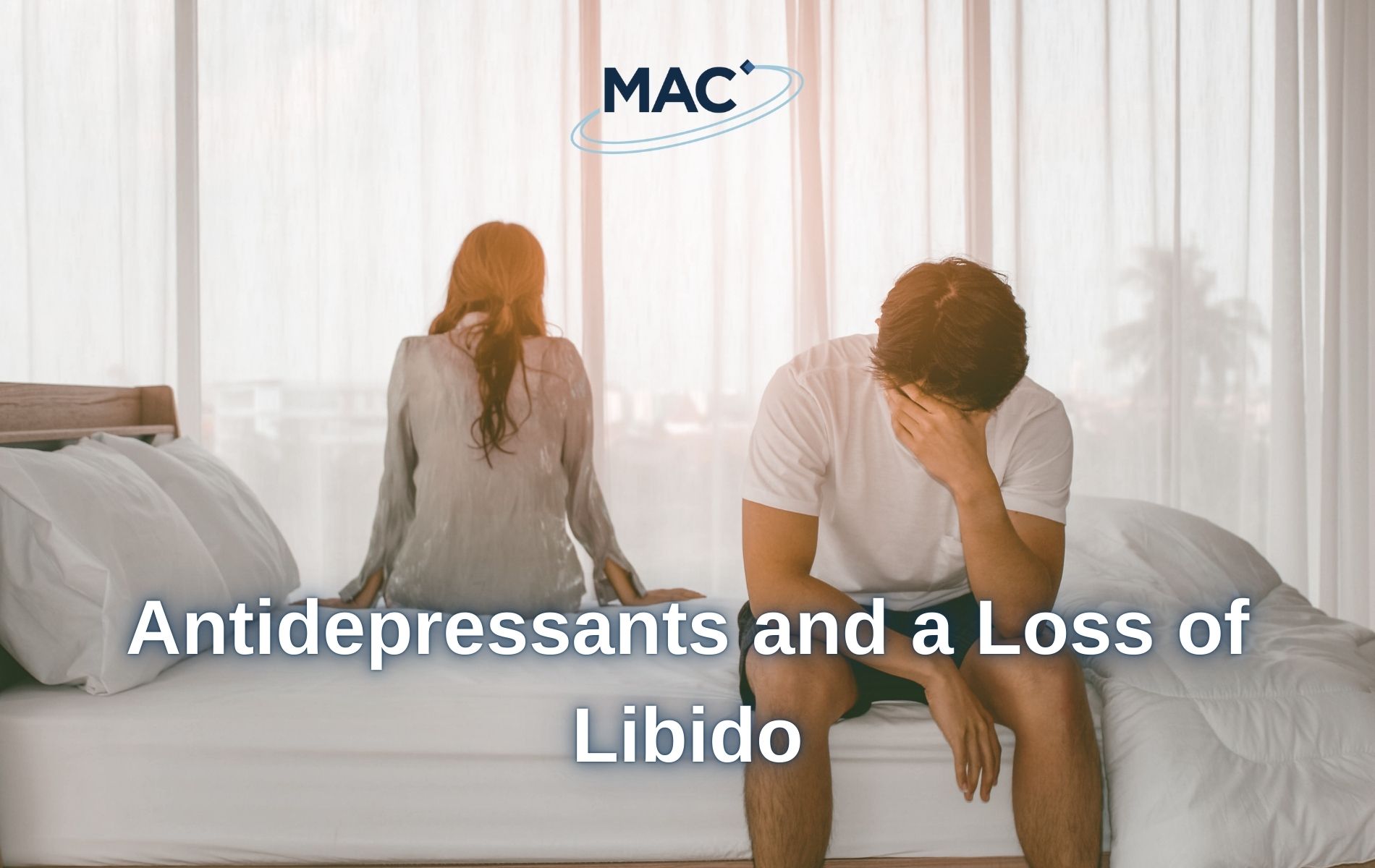
Valentine’s Day is seen as a time for romance, passion, and intimacy. But for those living with post-SSRI sexual dysfunction (PSSD), it can be a painful reminder of what’s been lost. PSSD is a condition that can persist even after stopping selective serotonin reuptake inhibitors (SSRIs), leaving people with numbness, anorgasmia (difficulty reaching orgasm despite […]
How Clinical Trials Can Shape the Future of Knee Osteoarthritis Care
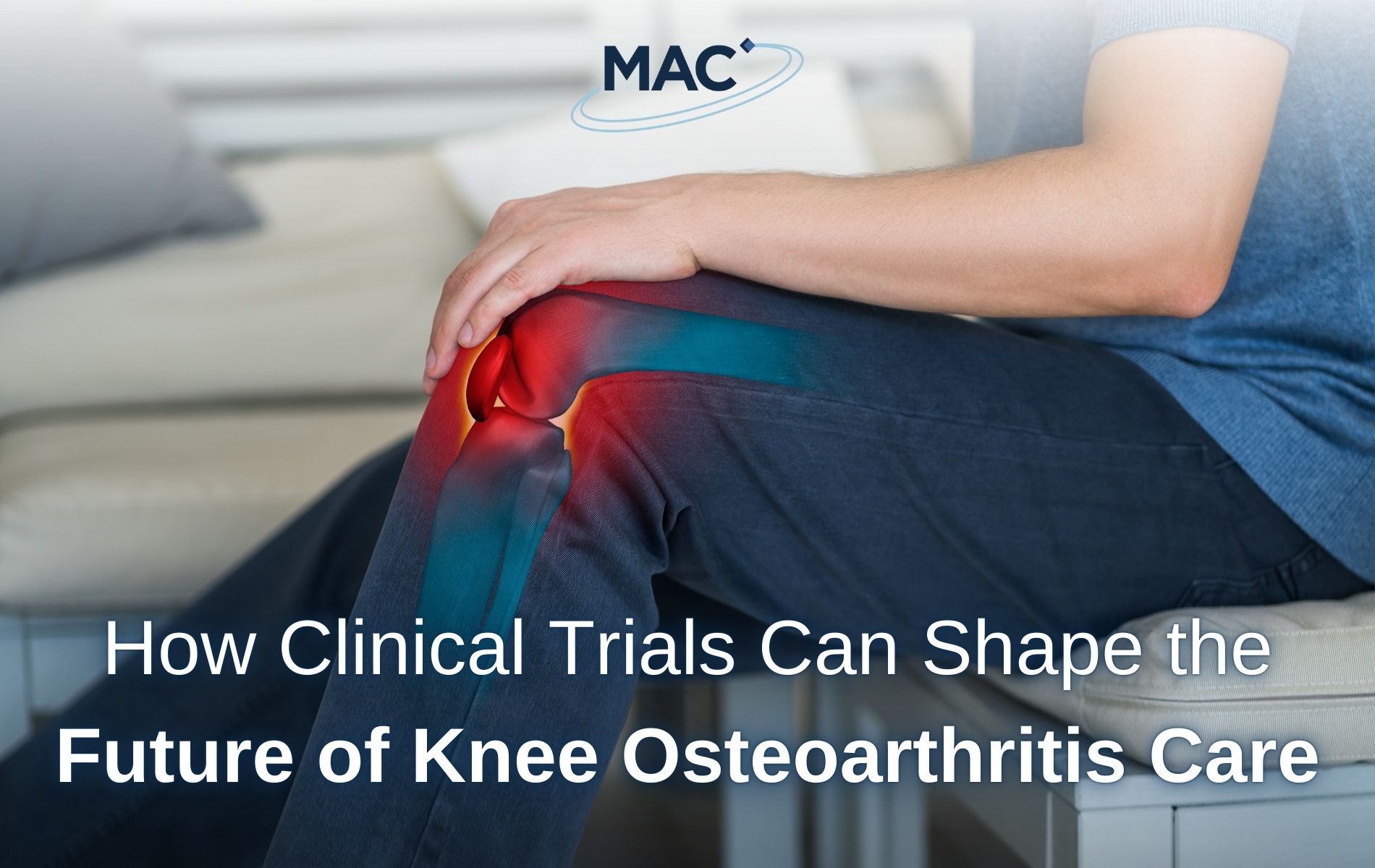
Knee osteoarthritis (OA) isn’t just a condition—it can be a daily challenge for around 4 million people in the UK who experience chronic pain and reduced mobility due to OA[i]. At MAC Clinical Research, we’re researching a potential new treatment that we hope can be the key to revolutionising knee OA care. Our latest clinical […]
Treating Chronic Obstructive Pulmonary Disease
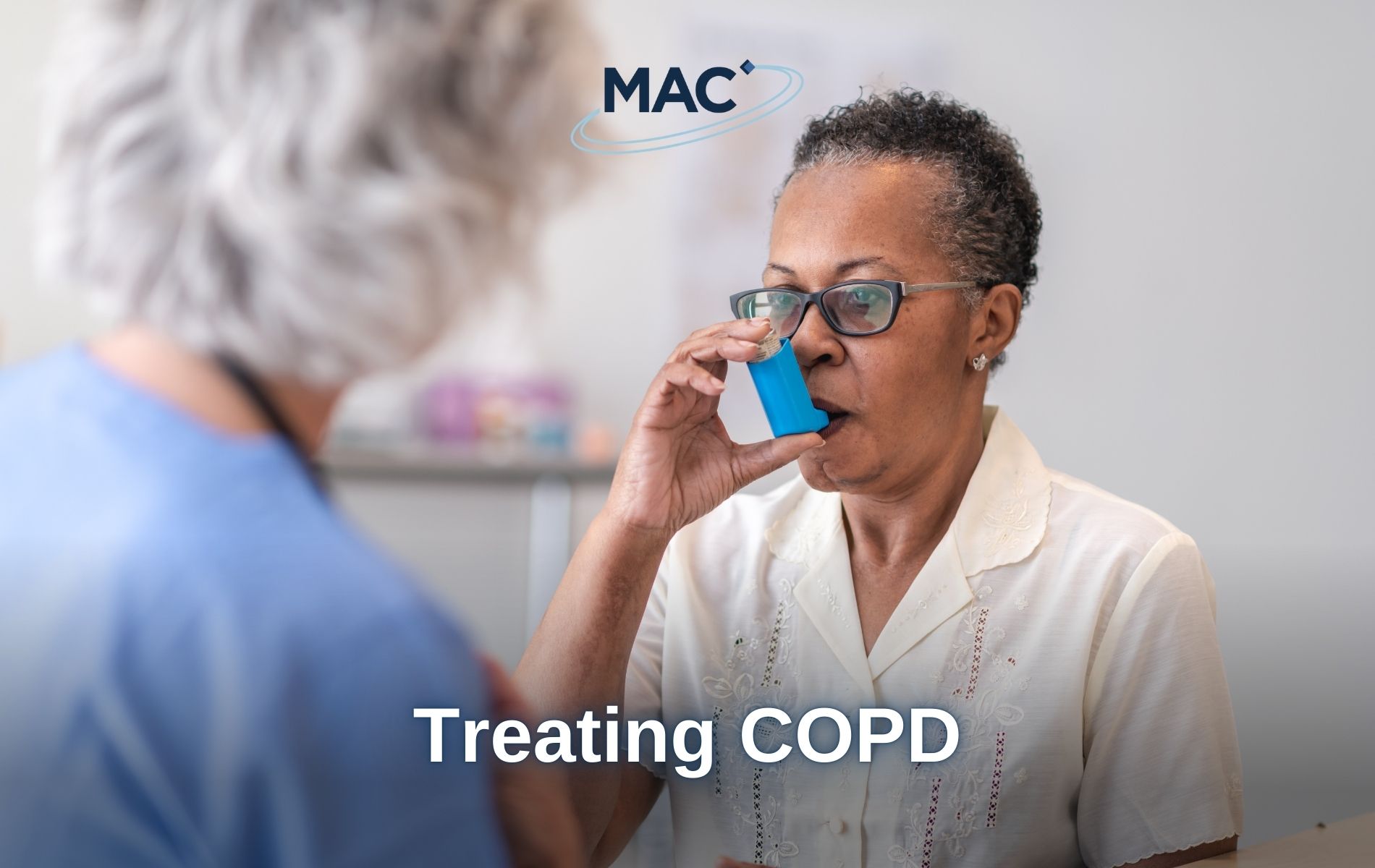
Chronic Obstructive Pulmonary Disease (COPD) is a progressive lung condition that affects around 1.2 million people in the UK1. Characterised by pulmonary airflow limitation, COPD can cause symptoms such as chronic coughing, wheezing, shortness of breath, and frequent respiratory infections. While there is currently no cure for COPD, proper treatment and lifestyle changes can significantly […]
Working with You to Create Better Research Experiences

At MAC Clinical Research, we believe that patients and volunteers are more than just participants – they are our partners in every step of the research process. Their experiences, insights, and willingness to be involved drive us to make progress and improve the future of healthcare. We are proud to work with a wide range […]
Anhedonia: Understanding the Emotional Numbness of Depression
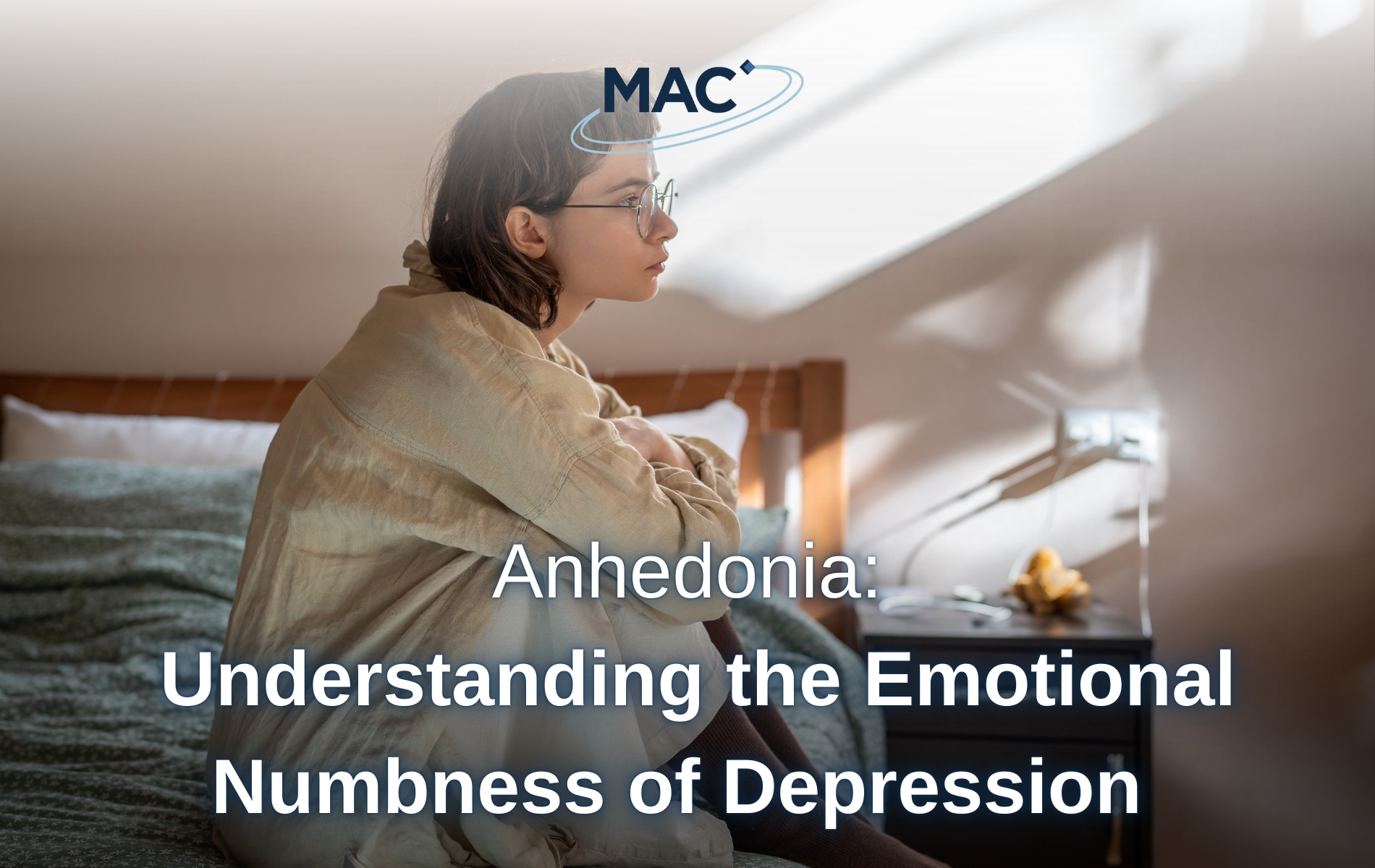
Depression affects around 280 million people wordwide1. However, among its various symptoms, anhedonia remains a particularly significant challenge. Many people living with depression struggle to experience pleasure in activities they once enjoyed, often described as ‘emotional numbness’. Traditional antidepressants offer limited effectiveness in treating anhedonia in depression. The good news? New clinical trials are exploring […]
Overeating: The Influence of Depression and Stress
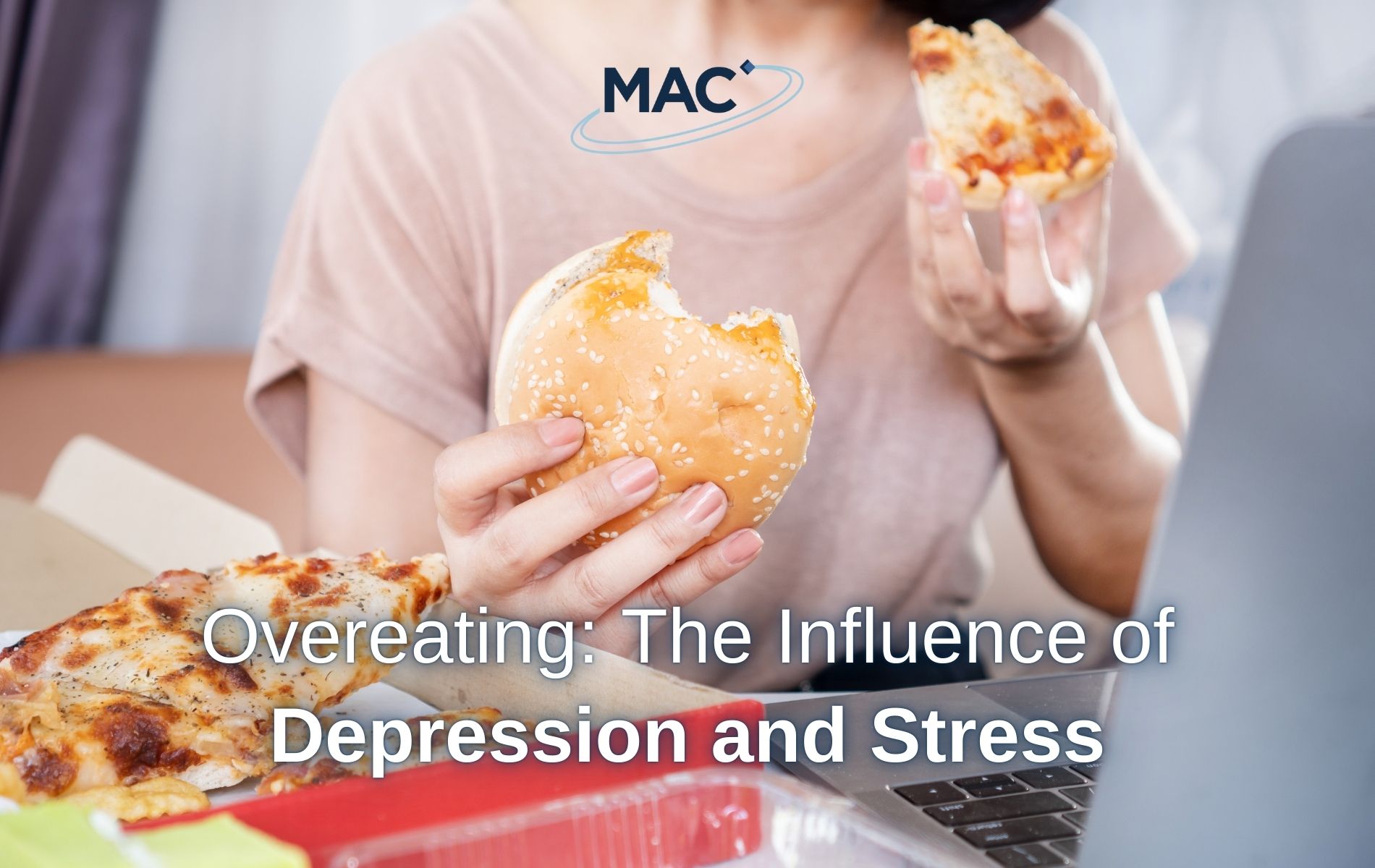
With our ever-present diet culture facing off against super-sized fast-food portions, it can be difficult to know whether we are eating too much or what it means to overeat. Overeating can be harmful to our physical and mental health; it is important to be aware of the behaviour before it becomes chronic, and understand how […]
